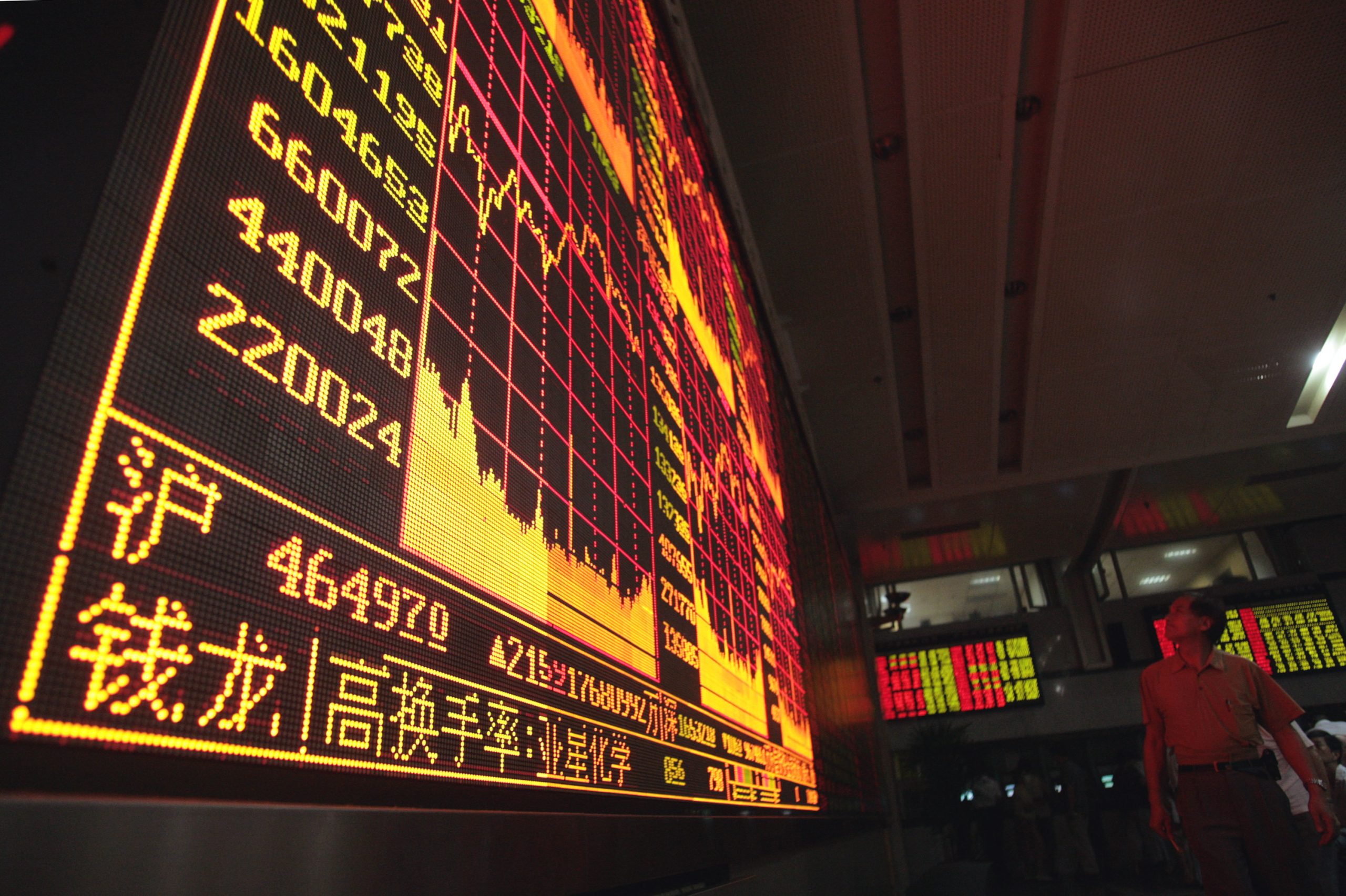Economy
China Accelerates $142 Billion Bond Sale to Boost Economy

(Bloomberg) –China has ordered local governments to speed up the issuance of debt earmarked for infrastructure projects, so that the proceeds can be invested early in 2020 to help shore up the slowing economy.
All localities are required to allocate the recently issued “special bond” quota of 1 trillion yuan ($142 billion) “as soon as possible” to specific projects, the Ministry of Finance said in a statement late Wednesday. There were no details on when the sales will actually begin, or what the total quota for 2020 will be. Analysts disagreed on whether the statement implies issuance will start as soon as December.
Until this year, sales of the bonds began in March, after the legislature formally approved the annual budget. In 2019 bond issuance began in January so that the money could be spent earlier and faster on infrastructure projects to boost demand. The announcement on Wednesday shows that the government is trying to jump-start that process even earlier next year.
Read: How the Trade War and a Changing China Are Roiling World Shipping
The decision indicates a willingness among policy makers to inject more stimulus into the economy, according to a note from Bloomberg Economist Qian Wan. “The front loading of special bond issuance will also ensure funding for infrastructure projects at the beginning of next year” and the size suggest the quote may exceed the 2.15 trillion yuan one this year, she wrote.
The yield on benchmark 10-year government bonds briefly rose about 2 basis points to near 3.2% following Wednesday’s announcement. It then fell Thursday to 3.18%. Shanghai rebar futures were down 0.1% at 10:08 a.m. Thursday.
So-called special bonds have mostly been used for infrastructure spending. The State Council, China’s cabinet, in June expanded the sectors that funds raised via the special bonds can be put toward. For 2020, they will include transport, energy, agriculture and forestry, vocational education and medical care.
“This move echoes our view of a supportive policy stance,” Morgan Stanley economists led by Robin Xing wrote in a note. “The issuance could start as early as next month, and focus on infrastructure projects in Southern China which could operate smoothly during winter.”
Analysts at Tianfeng Securities Co. were more conservative on the timing, predicting issuance will likely only start early next year.
“Now the chance of issuing quota by the end of this year is very low,” analysts led by Sun Binbin wrote in a note. “The beginning of next year could be more likely.”
–With assistance from Crystal Chui.
-

 Banking & Finance1 month ago
Banking & Finance1 month agoOman Oil Marketing Company Concludes Its Annual Health, Safety, Environment, and Quality Week, Reaffirming People and Safety as a Top Priority
-

 News2 months ago
News2 months agoReport: How India & The Middle East Are Exploiting Immense Economic Synergies
-

 Uncategorized2 months ago
Uncategorized2 months agoOman’s ISWK Cambridge Learners Achieve ‘Top in the World’ and National Honours in June 2025 Cambridge Series
-

 Economy2 months ago
Economy2 months agoPrime Minister of India Narendra Modi to Visit the Sultanate of Oman on 17-18 December
-

 News1 month ago
News1 month agoJamal Ahmed Al Harthy Honoured as ‘Pioneer in Youth Empowerment through Education and Sport’ at CSR Summit & Awards 2025
-

 Economy2 months ago
Economy2 months agoOman’s Net Wealth Reaches $300 Billion in 2024, Poised for Steady Growth
-

 News2 months ago
News2 months agoIHE Launches Eicher Pro League of Trucks & Buses in Oman
-

 News2 months ago
News2 months agoLiva Insurance Honored with ‘Insurer of the Year’ Award for 2025




























